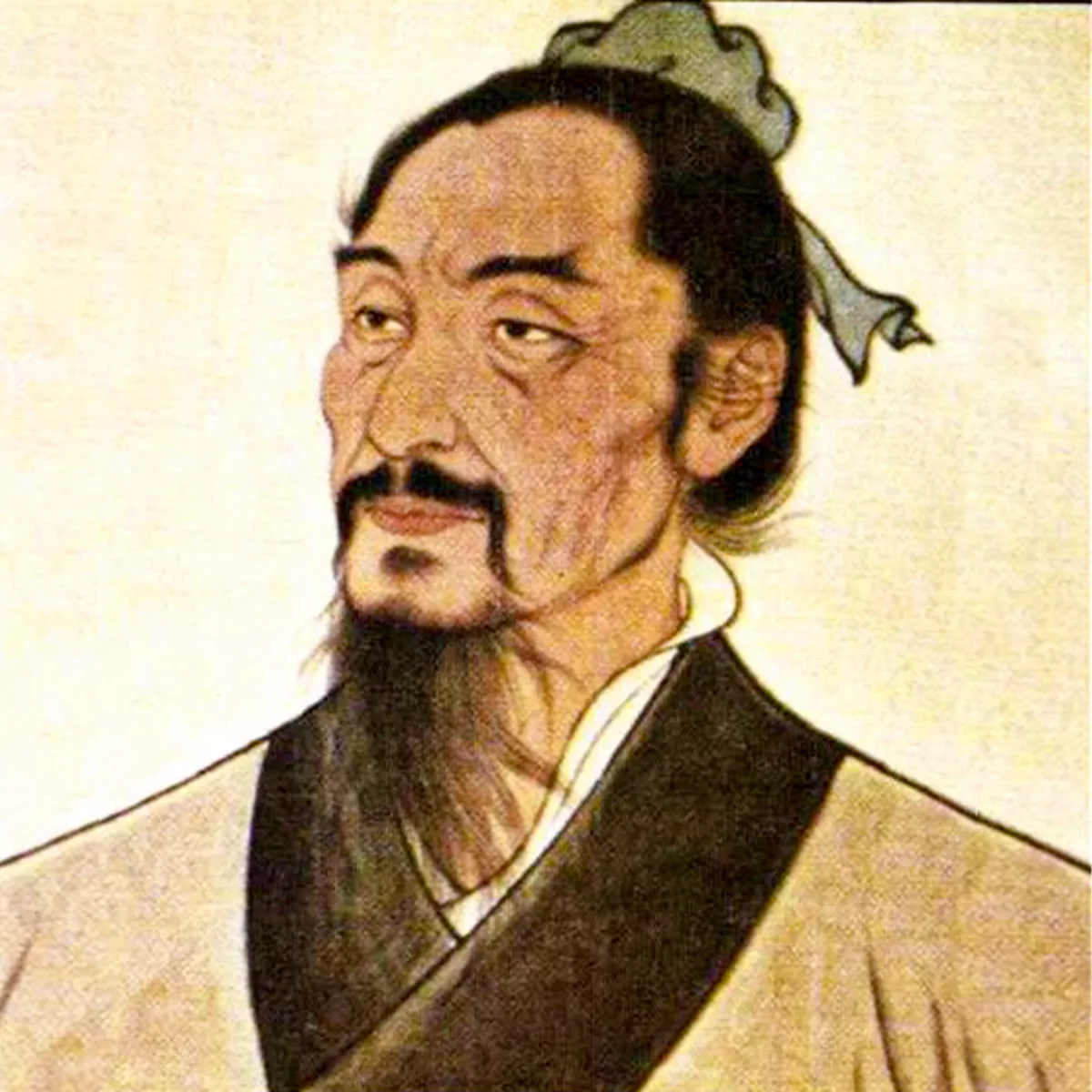 1.
1. The Mozi is an anthology of writings traditionally attributed to Mozi and to his followers.

 1.
1. The Mozi is an anthology of writings traditionally attributed to Mozi and to his followers.
Mozi is referenced in the 6th-century CE Thousand Character Classic, which records that he was saddened when he saw the dyeing of pure white silk, which embodied his conception of austerity as simplicity and chastity.
Mozi was a native of the state of Lu, although for a time he served as a minister in the state of Song.
Similar to Confucius, Mozi was known to have maintained a school for those who desired to become officials serving in the different ruling courts of the Warring States.
Mozi was a carpenter and was extremely skilled in creating devices.
Mozi was schooled in Confucianism in his early years, although he viewed Confucianism as being too fatalistic, with an overemphasis on elaborate celebrations and funerals, which Mozi considered to be detrimental to the livelihood and productivity of the common people.
Mozi managed to attract a large following during his lifetime, rivaling that of Confucius.
Mozi's passion was said to be for the good of the people, without concern for personal gain or even for his own life or death.
Mencius wrote in Jinxin that Mozi believed in love for all mankind, noting that, as long as something benefitted mankind, Mozi would pursue it even if it meant "hurting his head or his feet".
Mozi travelled from one crisis zone to another throughout the ravaged landscape of the Warring States, trying to dissuade rulers from their plans of conquest.
At the Chu court, Mozi engaged in nine simulated war games with Gongshu Ban, the chief military strategist of Chu, and overturned each one of his stratagems.
When Gongshu Ban threatened him with death, Mozi informed the king that his disciples had already trained the soldiers of Song in his fortification methods, so it would be useless to kill him.
Mozi taught that the defense of a city did not depend only on fortification, weaponry, and food supply, but rather that it was important to keep talented people close by and to put trust in them.
Mozi observed that people often learned about the world through adversity.
Mozi exhorted people to lead a life of asceticism and self-restraint, renouncing both material and spiritual extravagance.
Mozi argued that what is thought of as "ancient" was actually innovative in its time, and thus should not be used to hinder present-day innovation.
Mozi believed that people were capable of changing their circumstances and directing their own lives, which could be achieved by applying one's senses to observing the world, as well as judging objects and events by their causes, functions, and historical bases.
Mozi tried to replace what he considered to be the long-entrenched Chinese ideal of strong attachments to family and clan structures with the concept of "impartial caring" or "universal love".
Mozi argued directly against Confucians, who had philosophized that it was natural and correct for people to care about different people in different degrees.
Mozi differentiated between "intention" and "actuality", thereby placing a central importance on the will to love, even though in practice it might very well be impossible to bring benefit to everyone.
Mozi held a belief in the power of ghosts and spirits, although he is often thought to have only worshipped them pragmatically.
For Mozi, Heaven was not the "amoral", mystical nature of the Daoists; rather, it was a benevolent, moral force that rewarded good and punished evil.
Similar in some ways to the beliefs systems found in the Abrahamic religions, Mozi believed that all living things lived in a realm ruled by Heaven, and Heaven possessed a will which was independent from, and higher than, the will of people.
Mozi opposed the Confucian idea of "Destiny", promoting instead an idea of "anti-fatalism".
Where the Confucian philosophy held that a person's life, death, wealth, poverty, and social status were entirely dependent upon destiny and therefore could not be changed, Mozi argued that hard work and virtuous acts could change one's position in life.
In particular, Mozi thought that actions should be measured by the way they contribute to the benefit of all members of society.
For interpreting Mozi there is some debate over how to understand the consequences Mozi seems most concerned with, and therefore over which kind of consequentialism to ascribe to him.
Mozi opposed wars because they wasted life and resources while interfering with the fair distribution of wealth, yet he recognized the need for strong urban defenses so he could maintain the harmonious society he desired.
In contrast to Jeremy Bentham, Mozi did not believe that individual happiness was important; the consequences of the state outweigh the consequences of individual actions.
Such interpretations as Chris Fraser's argue that it is a mistake to view Mozi's focus on the collective well-being of a population as a focus on the well-being of the state itself rather than its constituents.
The Mozi is a rich source of insight into early Chinese dynastic history, culture, and philosophy.
The influence of Mozi is still visible in many Han dynasty works written hundreds of years later.
The body in the Mozi is constructed by xing, xin, qi 'which is in accord with the Pre-Qin thinkers' understanding to the body.
Some views claim that Mozi's philosophy was at once more advanced and less so than that of Confucius.
Mozi is famous for his ideas about frugality, such as those concerning moderating expenses and eliminating wasteful ceremonies including music and funerals.
Some modern-day supporters for Mozi make the claim that Mohism and modern Communism share a lot in terms of ideals for community life.
Mozi contains speculations in optics and mechanics that are similarly strikingly original, although their ideas were not taken up by later Chinese philosophers.
Mozi is the first to describe the physical principle behind the camera, known as the camera obscura.